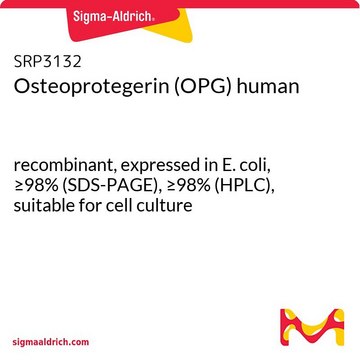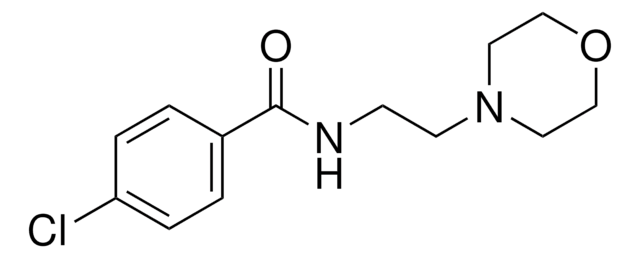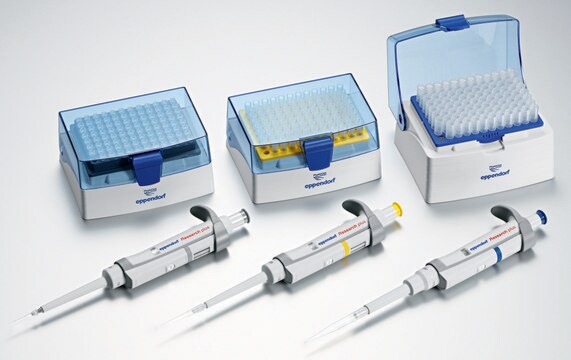O8137
Osteoprotegerin/Fc Chimera from mouse
>95% (SDS-PAGE), recombinant, expressed in NSO cells, lyophilized powder
Sinonimo/i:
OCIF, OPG
About This Item
Prodotti consigliati
Origine biologica
mouse
Livello qualitativo
Ricombinante
expressed in NSO cells
Saggio
>95% (SDS-PAGE)
Stato
lyophilized powder
Potenza
25-50 ng/mL ED50
PM
100 kDa by SDS-PAGE (reducing)
calculated mol wt 70.9 kDa
Confezionamento
pkg of 100 μg
Impurezze
endotoxin, tested
N° accesso UniProt
Temperatura di conservazione
−20°C
Stringa SMILE
CCCCCCCCCCC#CCCCCCC(O)=O
InChI
1S/C18H32O2/c1-2-3-4-5-6-7-8-9-10-11-12-13-14-15-16-17-18(19)20/h2-10,13-17H2,1H3,(H,19,20)
XXUPLYBCNPLTIW-UHFFFAOYSA-N
Informazioni sul gene
mouse ... Tnfrsf11b(18383)
Descrizione generale
Azioni biochim/fisiol
Stato fisico
Risultati analitici
Codice della classe di stoccaggio
11 - Combustible Solids
Classe di pericolosità dell'acqua (WGK)
WGK 3
Punto d’infiammabilità (°F)
Not applicable
Punto d’infiammabilità (°C)
Not applicable
Scegli una delle versioni più recenti:
Possiedi già questo prodotto?
I documenti relativi ai prodotti acquistati recentemente sono disponibili nell’Archivio dei documenti.
Il team dei nostri ricercatori vanta grande esperienza in tutte le aree della ricerca quali Life Science, scienza dei materiali, sintesi chimica, cromatografia, discipline analitiche, ecc..
Contatta l'Assistenza Tecnica.






![Bis[2-(2-chloroethoxy)ethyl] ether ≥99.0% (T)](/deepweb/assets/sigmaaldrich/product/structures/333/320/46ff3398-7a62-42b5-b9bc-0a3d0cb0429c/640/46ff3398-7a62-42b5-b9bc-0a3d0cb0429c.png)
![Chloro(4-cyanophenyl)[(R)-1-[(S)-2-(dicyclohexylphosphino)ferrocenyl]ethyldicyclohexylphosphine]nickel(II)](/deepweb/assets/sigmaaldrich/product/structures/308/161/648149e1-191f-48a0-af54-81c827b98fc9/640/648149e1-191f-48a0-af54-81c827b98fc9.png)
